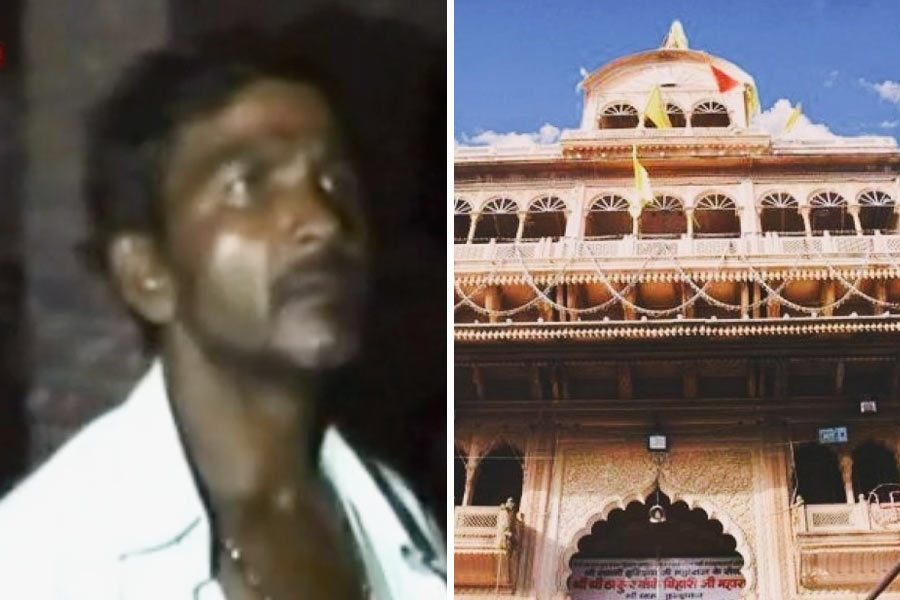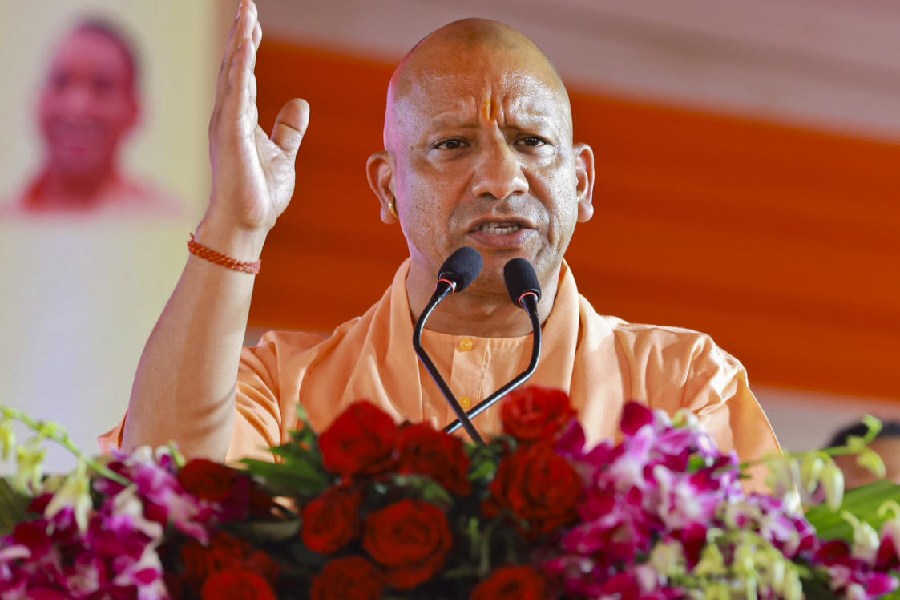For the past 50 years during Ramzan, the Yadav family in Uttar Pradesh's Kauriya village has upheld a tradition that could be labelled the flagbearer of interfaith harmony.
45-year-old Gulab Yadav and his 12-year-old son Abhishek sacrifice their sleep every night, walking through the village with a torch and a stick to wake up their Muslim neighbours for Sehri, the pre-dawn meal before fasting.
What began in 1975 with Gulab’s father, Chirkit Yadav, has now become a deeply respected ritual.
While mosques traditionally announce Sehri with loudspeakers, recent Supreme Court restrictions on noise pollution have made those wake-up calls less frequent. In their absence, Yadav’s dedication has grown even more crucial.
"Now I find great peace in doing this," says Yadav, who works as a daily-wage labourer in Delhi but returns to his village every Ramzan to uphold his family’s sacred duty. He is determined to pass this tradition on to his son, just as his father did for him. "I want my son to continue this after me, just like I did after my father."
His commitment has earned him immense respect among the village’s Muslim community. "Gulab bhai makes sure that no one is left behind," says his neighbour, Shafiq. "What could be more sacred than this?" Quoting a verse, he adds, "When both Gita and Quran preach love, why should there be discord between Hindus and Muslims?"
As communal fault lines deepen elsewhere in Uttar Pradesh, the people of Kauriya continue to stand together—proving that true friendship is one where religion never becomes a barrier.
Another move for inter-faith harmony
A few hundred kilometers away, in the temple town of Vrindavan, another act of defiance against communal divisions comes as a fresh whiff of air.
The famed Banke Bihari temple had refused to comply with a Hindutva group’s demand to stop purchasing clothes for the deity from Muslim tailors.
"The temple management met and decided not to accept the weird demand," senior priest Gyanendra Kishore Goswami told reporters on March 14.
The Sri Krishna Janmabhoomi Sangharsh Nyas, a Hindutva outfit, had urged temples across Mathura district to stop buying clothes stitched by Muslims, arguing that "God’s clothes need to be pure." The demand, however, was firmly rejected by the Banke Bihari temple.
"Most of those who stitch clothes for the idol are Muslim. They are the best tailors and the most disciplined. They understand our needs and work with devotion," said Goswami.
The temple’s other priest, Anant Bihari Goswami, highlighted the longstanding tradition: "Muslims have been supplying over 99 per cent of the clothes for the deity since the beginning. We refuse to discontinue the temple’s tradition and culture."
While some Hindutva groups continue to push for the relocation of the Shahi Idgah mosque in Mathura, claiming it was built on a demolished Krishna temple, the Banke Bihari temple’s firm stand is a reminder that religious faith need not be a weapon of division.
In both Kauriya village and Vrindavan temple, people have chosen faith over fear, tradition over hatred, and harmony over division.
At a time when loudspeakers may be silenced and demands for exclusion grow louder, the voices of people like Gulab Yadav and the priests of Banke Bihari temple stand tall— reminding India that the soul of its faith is not built on discord, but on the bonds that endure despite it.












